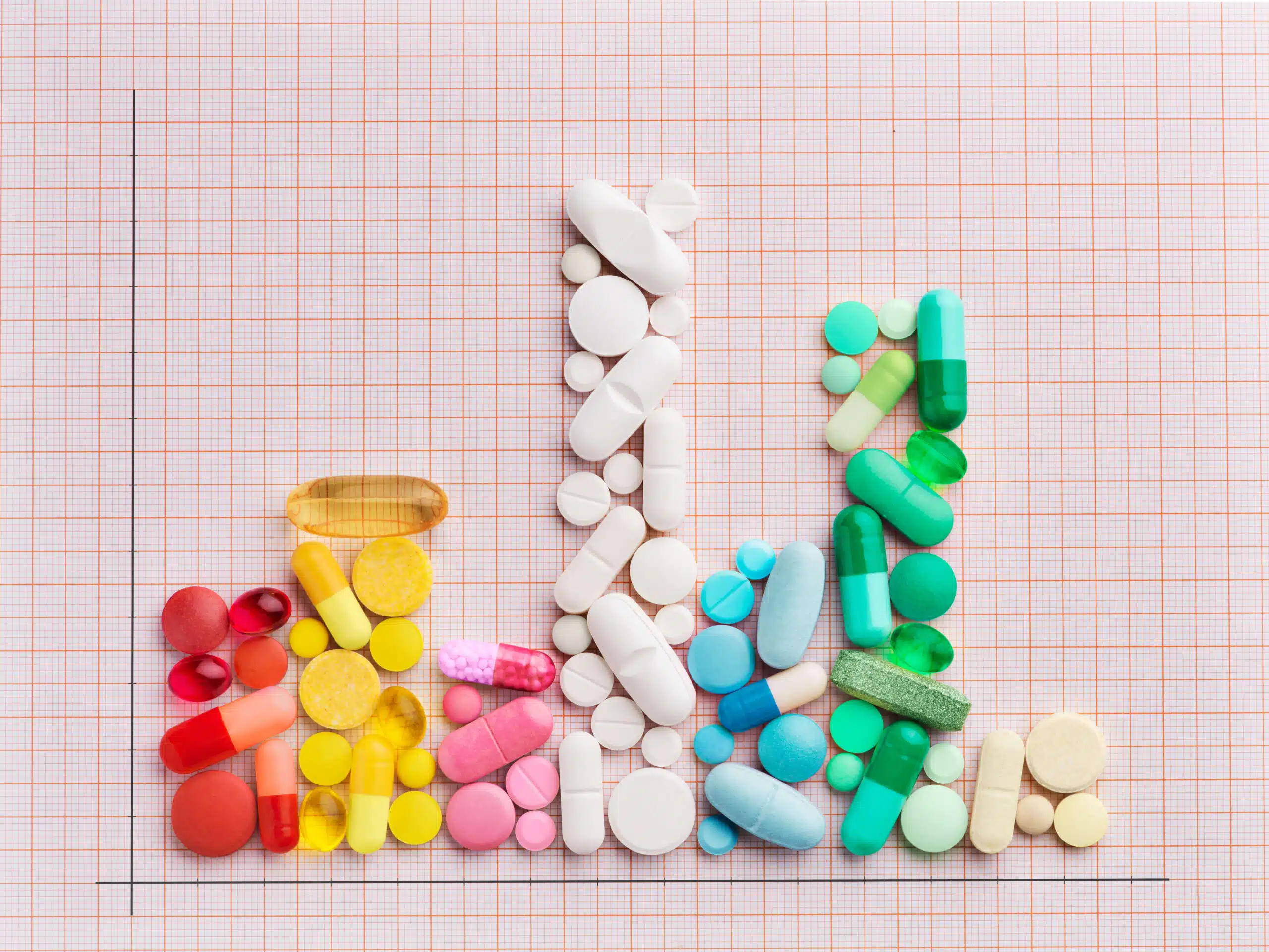MAJOR DEPRESSIVE DISORDER: DSM 5
What is the DSM-5 code for major depressive disorder? Major Depressive Disorder DSM-5 296.20-296.36 (ICD-10-CM Multiple Codes)
MAJOR DEPRESSIVE DISORDER DSM 5
According to National Library for Medicine (NLM):
DSM-IV to DSM-5 Major Depressive Episode/Disorder Comparison
| Criteria | DSM-IV | DSM-5 |
|---|---|---|
| Class: Mood Disorders | ✓ | |
| Class: Depressive Disorders | ✓ | |
| Five or more of the following A Criteria (at least one includes A1 or A2) | ✓ | ✓ |
| A1 Depressed mood—indicated by subjective report or observation by others (in children and adolescents, can be irritable mood). | ✓ | ✓ |
| A2 Loss of interest or pleasure in almost all activities—indicated by subjective report or observation by others. | ✓ | ✓ |
| A3 Significant (more than 5 percent in a month) unintentional weight loss/gain or decrease/increase in appetite (in children, failure to make expected weight gains). | ✓ | ✓ |
| A4 Sleep disturbance (insomnia or hypersomnia). | ✓ | ✓ |
| A5 Psychomotor changes (agitation or retardation) severe enough to be observable by others. | ✓ | ✓ |
| A6 Tiredness, fatigue, or low energy, or decreased efficiency with which routine tasks are completed. | ✓ | ✓ |
| A7 A sense of worthlessness or excessive, inappropriate, or delusional guilt (not merely self-reproach or guilt about being sick). | ✓ | ✓ |
| A8 Impaired ability to think, concentrate, or make decisions—indicated by subjective report or observation by others. | ✓ | ✓ |
| A9 Recurrent thoughts of death (not just fear of dying), suicidal ideation, or suicide attempts. | ✓ | ✓ |
| The symptoms cause clinically significant distress or impairment in social, occupational, or other important areas of functioning. | ✓ | ✓ |
| The symptoms are not due to the direct physiological effects of a substance (e.g., drug abuse, a prescribed medication’s side effects) or a medical condition (e.g., hypothyroidism). | ✓ | ✓ |
| The symptoms do not meet criteria for a mixed episode3 | ✓ | |
| There has never been a manic episode or hypomanic episode. | ✓ | ✓ |
| MDE is not better explained by schizophrenia spectrum or other psychotic disorders. | ✓ | ✓ |
| The symptoms are not better accounted for by bereavement (i.e., after the loss of a loved one, the symptoms persist for longer than 2 months or are characterized by marked functional impairment, morbid preoccupation with worthlessness, suicidal ideation, psychotic symptoms, or psychomotor retardation).4 | ✓ |

1. The symptom must either be new or must have clearly worsened compared with the person’s pre-episode status and must persist most of the day, daily, for at least 2 weeks in a row. Exclude symptoms that are clearly due to a general medical condition, mood-incongruent delusions, or mood-incongruent hallucinations.
2. Symptom must persist most of the day, daily, for at least 2 weeks in a row, excluding A3 and A9.
3. A mixed episode is characterized by the symptoms of both a major depressive episode and a manic episode occurring almost daily for at least a 1-week period. This exclusion does not include episodes that are substance-induced (e.g., caffeine) or the side effects of a medication.
4. This differentiation requires clinical judgment based on cultural norms and the individual’s history.
MAJOR DEPRESSIVE DISORDER ICD 10
According to ICD-10-CM Diagnosis Code F32.9:
Major depressive disorder, single episode, unspecified
- F32.9 is a billable/specific ICD-10-CM code that can be used to indicate a diagnosis for reimbursement purposes.
- The 2022 edition of ICD-10-CM F32.9 became effective on October 1, 2021.
- This is the American ICD-10-CM version of F32.9 – other international versions of ICD-10 F32.9 may differ.
Applicable To:
- Major depression NOS
The following code(s) above F32.9 contain annotation back-references that may be applicable to F32.9:
Approximate Synonyms:
- Dementia, presenile with depression
- Dementia, senile with depression
- Depressed mood
- Depression
- Depression during labor and delivery
- Depression in childbirth
- Depression in pregnancy
- Depression, major, single episode
- Depression, reactive
- Depression, unspecified
- Depressive disorder
- Depressive disorder in mother complicating pregnancy
- Major depression, single episode
- Major depressive disorder in childbirth
- Major depressive disorder in pregnancy
- Major depressive disorder, single episode
- Mood disorder of depressed type
- Mood disorder with depressive feature
- Multi-infarct dementia with depression
- Postpartum (after childbirth) depression
- Presenile dementia with depression
- Reactive depression
- Reactive depression (situational)
- Senile dementia with depression
- Severe postnatal depression
- Vascular dementia w depressed mood
- Vascular dementia with depression
Clinical Information:
- A disorder characterized by melancholic feelings of grief or unhappiness.
- A melancholy feeling of sadness and despair.
- A mental condition marked by ongoing feelings of sadness, despair, loss of energy, and difficulty dealing with normal daily life. Other symptoms of depression include feelings of worthlessness and hopelessness, loss of pleasure in activities, changes in eating or sleeping habits, and thoughts of death or suicide. Depression can affect anyone and can be successfully treated. Depression affects 15-25% of cancer patients.
- Affective disorder marked by dysphoric mood, inactivity, lack of interest, insomnia, feelings of worthlessness, diminished ability to think, and thoughts of suicide. Use depression (emotion) for nonclinical depression.
- An affective disorder manifested by either a dysphoric mood or loss of interest or pleasure in usual activities. The mood disturbance is prominent and relatively persistent.
- Depression is a serious medical illness that involves the brain. It’s more than just a feeling of being “down in the dumps” or “blue” for a few days. If you are one of the more than 20 million people in the United States who have depression, the feelings do not go away. They persist and interfere with your everyday life. Symptoms can include
- sadness
- loss of interest or pleasure in activities you used to enjoy
- change in weight
- difficulty sleeping or oversleeping
- energy loss
- feelings of worthlessness
- thoughts of death or suicide
- Depressive states usually of moderate intensity in contrast with major depression present in neurotic and psychotic disorders.
- Marked depression appearing in the involution period and characterized by hallucinations, delusions, paranoia, and agitation.
- Mild depression that is not considered clinical depression. For clinical depression, use major depression.
- One or more periods of depression in the absence of history of manic or hypomanic episodes; chronic type lasts 2 or more years; melancholic type is more severe, has vegetative signs, and responds well to somatic therapy.
- Unpleasant, but not necessarily irrational or pathological, mood state characterized by sadness, despair, or discouragement; “the blues”; may also involve low self-esteem, social withdrawal, and somatic symptoms such as eating and sleep disturbance.


SUICIDE PREVENTION
If you think someone is at immediate risk of self-harm or hurting another person:
- Call 911 or your local emergency number.
- Stay with the person until help arrives.
- Remove any guns, knives, medications, or other things that may cause harm.
- Listen, but don’t judge, argue, threaten, or yell.
- If you or someone you know is considering suicide, get help from a crisis or suicide prevention hotline. Try the National Suicide Prevention Lifeline at 800-273-8255.
Published: August 16, 2022
Last Updated: October 31, 2023

Published: May 23, 2025
Intensive Outpatient Program Duration
Intensive Outpatient Programs (IOPs) bridge the gap between full-time residential care and traditional outpatient services. Designed for individuals who require more structured support than weekly therapy but do not need 24-hour supervision, IOPs offer flexibility—letting clients continue to work, attend school, or care for family while engaging in an intensive treatment schedule. Overland IOP in […]
Read more
Published: May 02, 2025
What Is Mental Health? Definition, US & California Statistics
Mental health is a fundamental aspect of overall well-being, shaping how we think, feel, and interact with the world around us. It influences every decision we make, how we handle stress, and the way we build relationships. In today’s fast-paced society, where anxiety, depression, and burnout are increasingly common, understanding mental health has never been […]
Read more
Published: April 17, 2025
Workforce Challenges in Behavioral Health: US & California Perspective
The United States is grappling with a significant behavioral health crisis, marked by a rising demand for mental health and substance use services. Central to this issue is a critical shortage of behavioral health professionals, a problem that is particularly pronounced in California. As of December 2023, more than half of the U.S. population—approximately 169 […]
Read more
